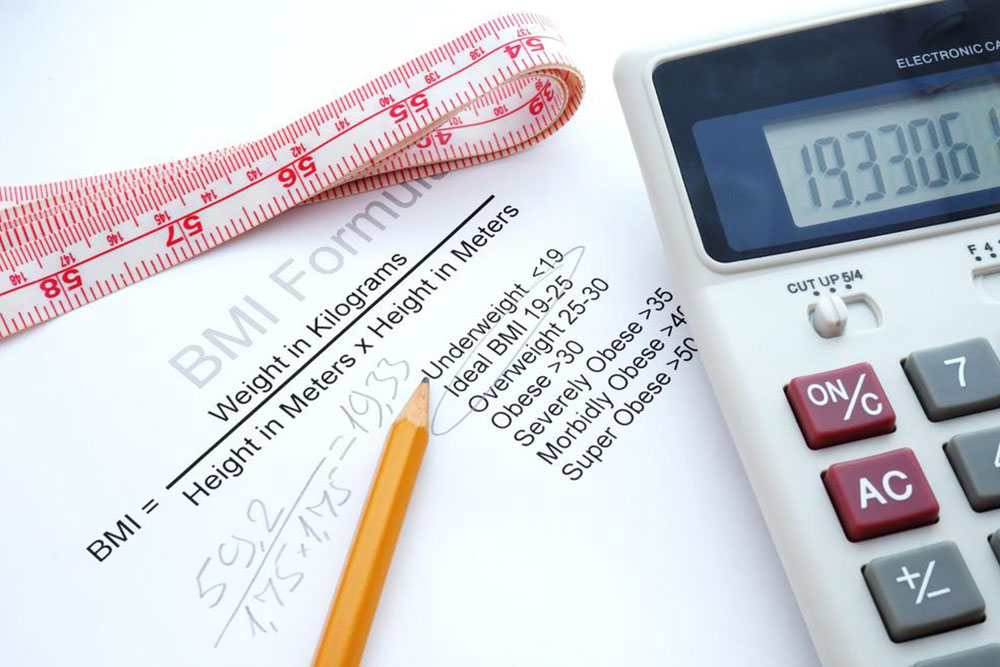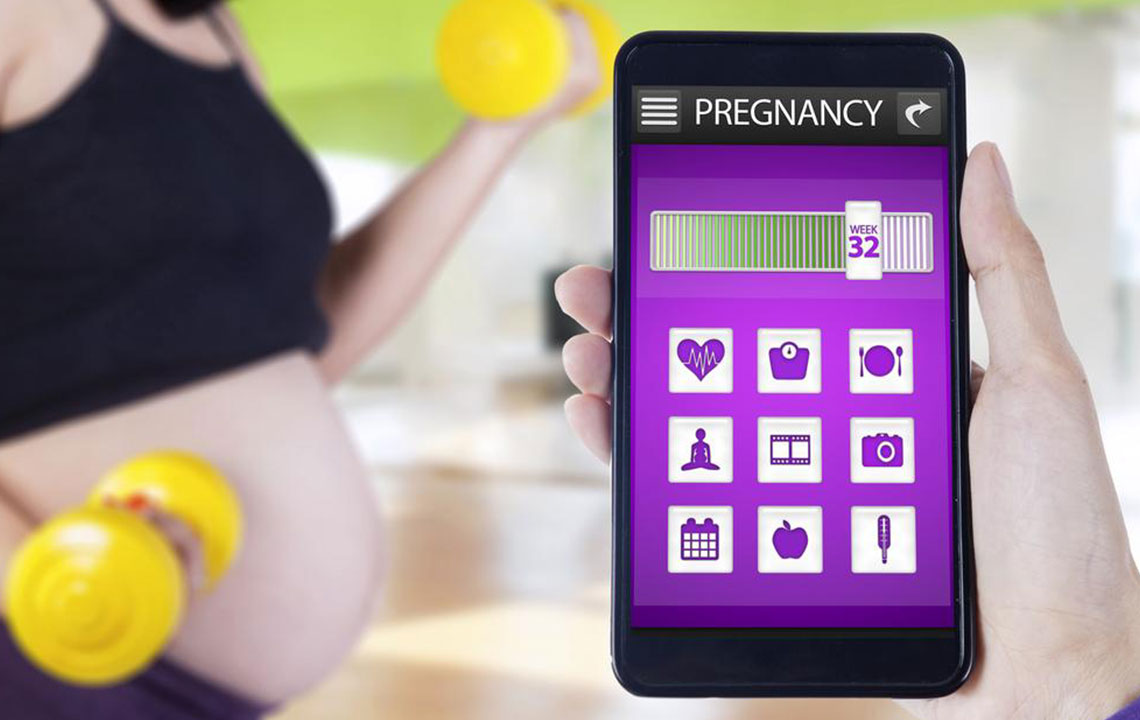Advances in Digital Symptom Evaluation and Self-Service Healthcare Kiosks
Explore how digital symptom checkers and self-service health kiosks are revolutionizing healthcare by enhancing accessibility, providing instant health assessments, and bridging gaps in medical services. Understand their benefits, limitations, and future potential in the evolving digital health landscape.

Advances in Digital Symptom Evaluation and Self-Service Healthcare Kiosks
In recent years, cutting-edge technology has brought about a transformative shift in how individuals approach personal health management. The emergence of digital symptom checkers and self-service health kiosks has significantly empowered users by providing accessible, immediate health insights without the necessity for direct interactions with healthcare professionals. These innovative tools are designed to leverage the power of data-driven algorithms, artificial intelligence, and user-friendly interfaces to analyze symptoms, offering potential diagnoses, health tips, and advisories. As a result, people can now conduct preliminary health assessments at their convenience, whether at home, in shopping malls, or community centers.
However, despite their numerous benefits, these digital health solutions also come with limitations that users should be aware of. This comprehensive overview explores the significant advantages, potential pitfalls, and the evolving landscape of digital symptom assessment tools and health kiosks, emphasizing their role in the modern healthcare system.
How Do Digital Symptom Checkers and Kiosks Innovate Healthcare?
These technologies represent a major step forward in integrating digital innovations seamlessly into healthcare, enhancing health literacy and enabling early detection of potential health issues.
Mobile applications and physical kiosks offer instant diagnostic support, which is particularly beneficial in rural, remote, or underserved regions lacking sufficient medical infrastructure.
Who Are the Primary Beneficiaries of These Digital Health Tools?
People living in areas with limited access to healthcare facilities can benefit greatly from these tools, as they provide initial health assessments that might otherwise be delayed or inaccessible.
Individuals experiencing minor symptoms or those wishing to understand their health status before consulting a healthcare professional find these resources especially useful.
Furthermore, busy professionals and students may use these tools to quickly evaluate symptoms during time-constrained situations, streamlining their decision-making processes regarding seeking professional care.
Risks of False Alarms and Over-Anxiety from Symptom Checkers
While beneficial, digital symptom checkers can occasionally produce false positives, leading to unnecessary worry or anxiety, particularly among users prone to health-related stress.
These tools are not substitutes for professional medical diagnosis but should instead serve as preliminary guides that encourage users to seek appropriate medical attention when necessary.
It is advisable for users to view the outputs of these tools critically and consult healthcare providers for confirmed diagnoses, especially if symptoms worsen or are severe.
Physical Health Kiosks: Combining Digital and Physical Assessments
Physical health kiosks have become increasingly common, blending basic physical examinations—such as blood pressure, temperature, and pulse checks—with digital symptom analysis to provide a more comprehensive health screening.
These kiosks are often positioned in high-traffic locations like shopping malls, corporate offices, hospitals, and community centers to maximize accessibility.
Limitations and Challenges of Health Kiosks and Digital Symptom Checkers
Many kiosks operate purely based on programmed algorithms; while helpful, these may not always deliver precise or conclusive diagnoses, especially for complex medical conditions.
Most systems are designed to give general health insights rather than detailed or personalized medical advice, which underscores the importance of consulting healthcare professionals for definitive diagnosis and tailored treatment plans.
Users should understand that these tools are supplements rather than replacements for traditional healthcare services, emphasizing the need for professional follow-up in case of serious or persistent symptoms.
Looking ahead, the integration of artificial intelligence, machine learning, and wearable health devices holds promise for further enhancing the accuracy and utility of digital health assessments. As technology continues to evolve, these tools are likely to become more sophisticated, providing even more reliable and personalized health insights. Nonetheless, maintaining awareness of their limitations remains essential to ensure safe and effective use. Overall, digital symptom checkers and self-service health kiosks are transforming the landscape of healthcare accessibility, bridging gaps, and empowering individuals worldwide to take charge of their health proactively.





